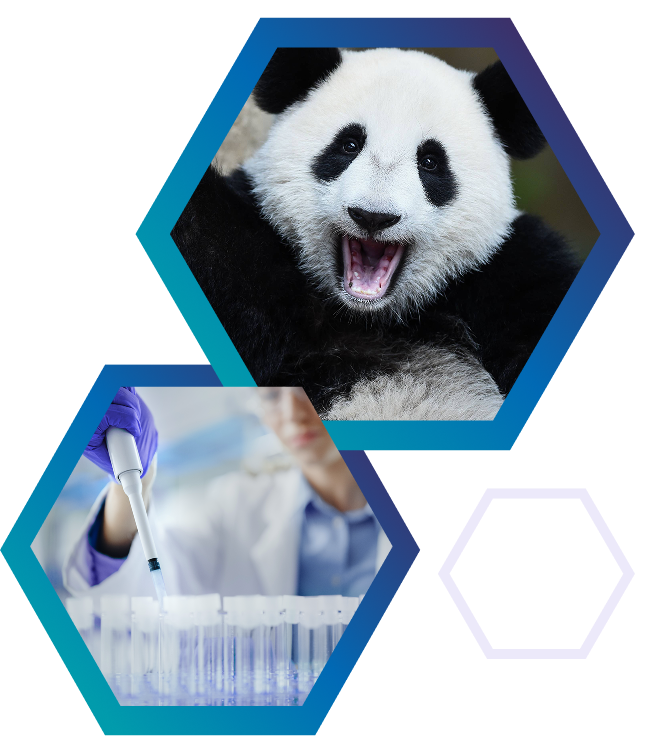Validating ELISA Sample Types: American Marten Claws and Fur
Understanding reproductive and stress hormones in wildlife is essential for gaining insights into species health, behavior, and conservation. Hormone studies allow researchers to track breeding patterns, measure stress responses, and assess the impacts of environmental changes on animal populations. As habitat loss and climate shifts continue to affect wildlife, having reliable methods to measure hormones becomes increasingly important for conservation efforts.
Hormone Analysis in American Martens
In a study by Keogh et al., published in the Journal of Mammalogy, researchers collected fur and claw samples from a population of female American martens across Interior Alaska over several years. In this study, the animals were humanely sacrificed, allowing a comparison of hormone levels from fur and claws with those extracted from reproductive tract tissues. This correlation was essential to achieving their goal of validating keratin-based samples as reliable no-kill alternatives for assessing reproductive status.
Methods and Validation Process
The team cleaned, dried, and pulverized the samples of marten claws and fur before extracting hormones with methanol. Using Arbor Assays’ ELISA kits, they ran validation tests, including parallelism, dilution linearity, and recovery assays. The study demonstrated that hormone levels in claws and fur aligned with standard curves and maintained high assay accuracy.
Key Findings
The results revealed several exciting insights for wildlife reproductive research:
- Progesterone was successfully quantified in all claw samples. Concentration ranged from 13.1 to 95.1 pg/mg, depending on the section analyzed.
- Claw samples provided a unique advantage by reflecting hormone levels over different periods, with proximal sections representing recent growth.
- Progesterone levels in claws served as reliable indicators of reproductive status, offering a future of less invasive methods to monitor pregnancy in free-ranging wildlife.
- Cortisol levels in fur negatively correlated with the presence of blastocysts, indicating that stress affects reproductive success.
Why Validating New Sample Types Matters
Validating the Arbor Assays Progesterone ELISA Kit (K025-H) for marten claws opens up exciting possibilities for wildlife research. Researchers can now:
- Collect samples more easily when traditional options are limited.
- Monitor hormones over longer periods using keratin-based tissues.
- Improve wildlife conservation efforts with reliable, non-invasive reproductive data.
This study also validated Arbor Assays’ Cortisol ELISA Kit (K003-H) and Testosterone ELISA Kit (K032-H) using American Marten fur, enabling researchers to explore the interplay between reproductive hormones and stress.
Advancing Wildlife Reproductive Endocrinology
This validation encourages future research to explore even more non-invasive sample types for hormone analysis. Arbor Assays’ trusted ELISA kits continue to support wildlife researchers, helping to protect and manage species worldwide.
Find more studies like this one that use the Progesterone, Cortisol, and Testosterone ELISA Kits for novel sample applications in the Arbor Assays Publication Portal.
Featured Products
-
Progesterone ELISA Kits
$338.00 – $1,354.00The DetectX® Progesterone ELISA Kits quantitatively measure Progesterone present in extracted dried fecal samples, urine and tissue culture media samples. Used in determination of Reproduction and Sex Steroid Metabolism
-
Cortisol ELISA Kits
$338.00 – $1,354.00The DetectX® Cortisol ELISA Kits quantitatively measure cortisol present in a variety of samples.
-
Testosterone ELISA Kits
$353.00 – $1,409.00The DetectX® Testosterone ELISA Kits provide non-invasive measurements of Testosterone and Dihydrotestosterone.




